#california
California to Adopt 'Smart' Cameras to Enforce Noise Violations
The State of California is considering leveraging enhanced surveillance to increase the number of motorists it can fine for noise violations. While the rules allowing the state to penalize motorists for emitting too much sound have existed for years, they were amped up slightly in 2019 when Assembly Bill 1824 went into effect and established the limits for what’s allowed today. The updated rules also required police to immediately fine anyone driving an automobile that’s emitting noise measured above 95 decibels, rather than issue a fix-it ticket. Motorcycles, which can occasionally exceed 95 dB in their stock format if they’re older, are limited to just 80 dB.
But determining when and where someone broke the rule is difficult, especially considering measurements were originally supposed to be taken under the Society of Automotive Engineers (SAE) test procedure J1169, so the coastal region is on the cusp of launching a new program that would introduce microphone-equipped traffic cameras similar to what we’ve already seen in New York and the United Kingdom. California leadership believes that an automated system would result in greater levels of enforcement by effectively mimicking the speed camera formula and applying it to vehicular noise violations.
California Proposal Calls for 68 Percent EV Sales By 2030
Now that the U.S. Environmental Protection Agency (EPA) looks poised to reinstate California’s waiver under the Clean Air Act — allowing the state to establish stricter tailpipe emissions than the federal limits — the coastal region has resumed its quest to abolish gasoline-powered vehicles in earnest. While the California Air Resources Board (CARB) has yet to finalize all the details, the latest proposal calls for strengthened emissions standards for new light-duty vehicles in anticipation of the necessary approvals.
The scheme would require pure electrics and plug-in hybrids (PHEVs) to make up 35 percent of new-vehicle sales for the 2026 model year. By 2030, that number will become 68 percent before hitting 100 percent for MY 2035. CARB said zero-emission vehicles comprised 12.4 percent of the state’s new market in 2021, hinting that the number could have been higher without the Safer Affordable Fuel-Efficient (SAFE) Vehicles Rule Part One having stifled its progress.
Junkyard Find: 1985 Ford Escort GL Wagon
Remember the era, around the middle of the 2010s, when we were all supposed to desire a brown station wagon with a manual transmission (or mock those who liked brown wagons after it was cool)? Well, today’s Junkyard Find is just that!
Gas War: EPA Reinstates California's Ability to Set Emission Limits, EV Mandates
The U.S. Environmental Protection Agency has opted to reinstate California’s ability to set tailpipe rules and zero-emission vehicle mandates that are more rigid than federal standards. After quarreling for years over the Trump administration’s decision to roll back Obama-era fueling standards deemed untenable, the Golden State now has the ability to once again make harder for its citizens by forcing them to purchase the kind of vehicles it feels they should be driving — rather than leaving it up to the individual that’s actually buying the car.
Though it might not matter at this point. While California effectively served as a defensive shield against proposed fueling rollbacks while Trump was in office, the Biden administration strategy is broadly in line with its agenda of making gasoline unappetizing to consumers to ensure a speedy transition to electric vehicles. California doesn’t even want people to have access to gas-powered lawn care equipment. The state has effectively served as a test case for Build Back Better since before the phrase passed through the lips of a single politician.
Junkyard Find: 1987 Chevrolet Cavalier Z24 Sport Coupe
Junkyard Find: 2000 Mercedes-Benz CLK 430 Coupe
Luxury coupes were falling out of favor among well-heeled American car shoppers around the turn of the century, with luxury trucks gaining sales ground by the minute, but that didn’t stop Mercedes-Benz from releasing a sporty new C-Class-based two-door with a big V8 and big price tag, starting in the 1999 model year: The CLK 430. As so often happens with costly European luxury machinery, this one took a hard depreciation hit during its time on the road, and now it resides in a Northern California self-service yard.
Gas War: GM Now Sucking Up to California to Maximize Fleet Sales
General Motors has issued a letter to California Governor Gavin Newsom promising that the automaker is now fully committed to complying with the state’s aggressive emission regulations. This follows an earlier announcement from GM advancing plans to eliminate tailpipe emission from all light-duty vehicles by 2035 via electrification. The company had also increased global spending to develop EVs to $35 billion (USD) through 2025, which is roughly a third more than it had previously been targeting.
Of course, don’t think this has anything to do with altruism or formal commitments to some grand cause. California was simply planning to bar any automakers that hadn’t previously vowed to adhere to its strict regulatory policies from selling to state government fleets. While GM has been in the process of changing its allegiance, the business originally sided with automakers approving of the Trump administration’s regulatory revisions that were at odds with the region.
More Western Leaders Call for the End of Private Vehicle Ownership
If there’s anything that’ll get my stomach into a twist, it’s the government talking about the merits of reducing people’s ability to own things. Fortunately, the 36-hour flu I just experienced made me nigh-invulnerable and someone had forwarded me the latest on what U.K. Parliamentary Under-Secretary for the Department for Transport Trudy Harrison had to say about personal vehicle ownership. She’s very keen on public transpiration but not so interested in the plebian masses having access to their own, individual modes of transport.
Earlier this month, she told a virtual audience at shared transport charity CoMoUK that the United Kingdom needed to move away from “20th-century thinking centered around private vehicle ownership and towards greater flexibility, with personal choice and low carbon shared transport.”
Junkyard Find: 1985 Mazda 626 Luxury Sedan
The original Mazda 626, sold here for the 1978 through 1982 model years, was a rear-wheel-drive machine that looked quite European in a Peugeot 504-ish way. Its front-wheel-drive successor was straight-up aimed at gaijin car shoppers who might consider a Camry, Accord, or Stanza, and it came packed with affordable luxury features and cool gadgetry. Here’s an ’85 LX sedan with one of the raddest 1980s audio systems imaginable, found in a Northern California self-service yard earlier this month.
Elon Musk Continues Selling Tesla Shares
Tesla CEO Elon Musk has sold another 934,091 shares of the company, worth a hefty $1.01 billion, as a way to meet tax obligations related to the exercise of options to buy 2.1 million shares. But it’s just a drop in the bucket, as Mr. Musk’s offloading of Tesla stock has surpassed $10 billion overall. That’s roughly 10.1 million shares since the CEO asked Twitter users at the start of November whether or not he should dump 10 percent of his existing stake in the company following its big move to Texas.
Gas War: California May Ban Gas-Powered Lawn Equipment
The California Air Resources Board (CARB) has decided that residential lawn equipment is a major problem. Claims have been made that the small engines found inside of the average leaf blower emit the same amount of smog-forming pollution in a single hour as a 2016 Toyota Camry could produce over a 1,100-mile drive.
Assertions like these have been used to forward Assembly Bill No. 1346, which requires the board to define and then pull the trigger on new regulations designed “to prohibit engine exhaust and evaporative emissions from new small off-road engines” by 2022. CARB then has to decide whether or not it can outright ban them, so they may be replaced by zero-emission equivalents after 2024. Considering how decent most electrified tools have grown to be, this doesn’t sound infeasible. But it’s another example of California’s obsessive hatred of consumers utilizing liquid fuel and bound to have major ramifications.
Junkyard Find: 1984 Chevrolet Chevette Sedan
Tesla Officially Moving to Texas, Elon Musk Confirms Austin HQ
Tesla CEO Elon Musk has officially announced that his company would be moving house this week. Currently nestled upon the bosom of Silicon Valley in Palo Alto, CA, the automaker has expressed its intent to establish a new base of operations in Austin, TX. While this situation has been a long time coming, it’s not quite the prompt walkout that everyone was predicting 17 months ago.
At the start of the pandemic, Musk found himself at odds with local officials pushing strict COVID lockdowns. The CEO had wanted to keep the all-important Fremont facility up and running at the start of 2020, suggesting workers could simply choose to stay home without there being any negative repercussions (or pay). Told again to shut down, Tesla sued Alameda County on the grounds that its orders were unconstitutional and violated a return-to-work mandate recently issued by Governor Gavin Newson. Before long, Elon Musk was openly confessing he was fed up with the state of California and would be relocating the business.
Junkyard Find: 1999 Cadillac Escalade
Starting in the 1997 model year, The General’s Cadillac Division glued Cadillac badges and some puzzling cartoon-duck advertising to the Opel Omega and called it the Catera. I’ve photographed just about every junkyard Catera I’ve found because they seem like relics from a long-ago past when Detroit car companies believed Americans would buy their European-market cars… or cars, period. Another Cadillac from the same era fits right in with American automotive trends of the last couple of decades, though, because it helped create them: The Cadillac Escalade. Here’s a first-model-year Escalade, found in a Silicon Valley self-service yard a few months back.



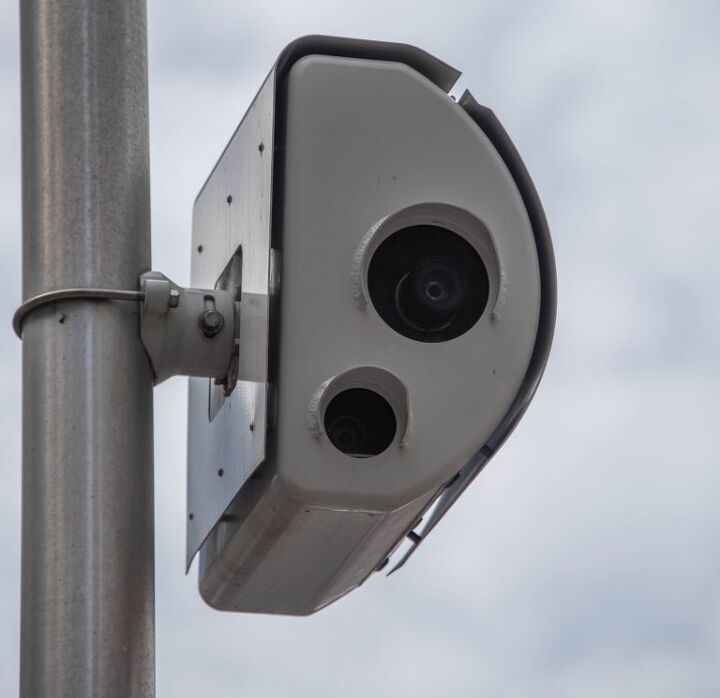

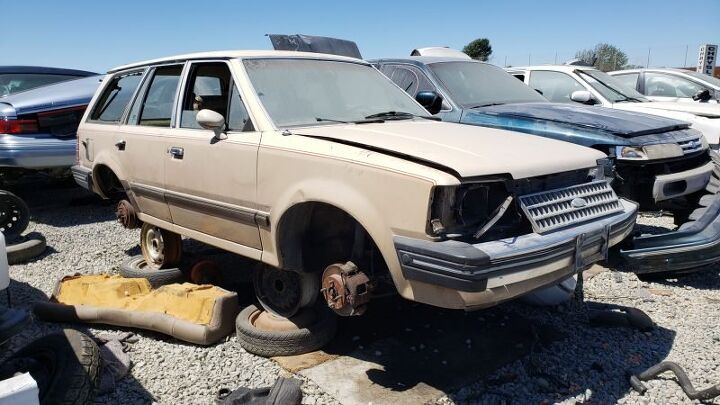
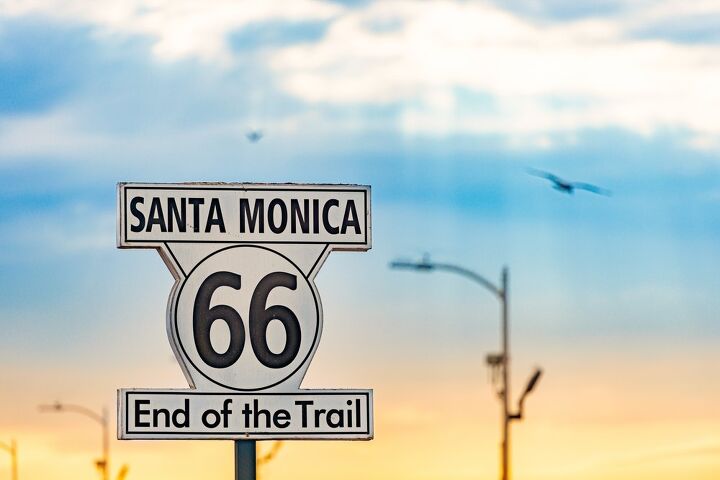
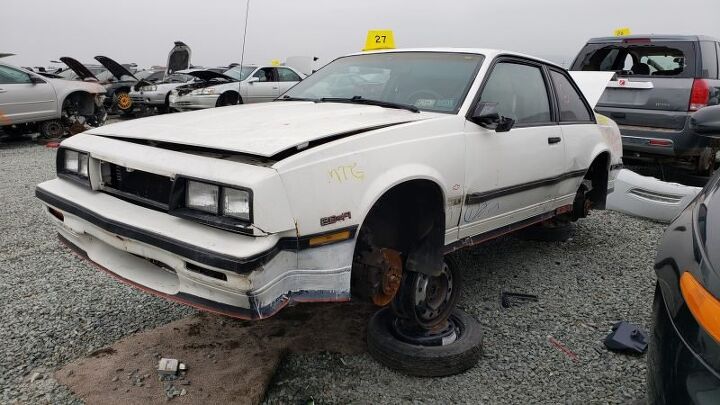
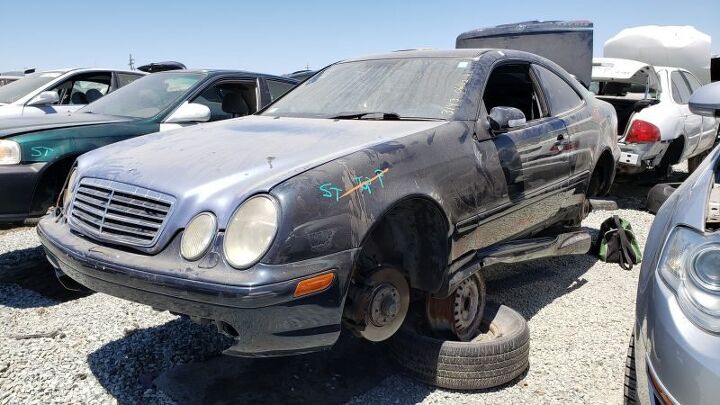


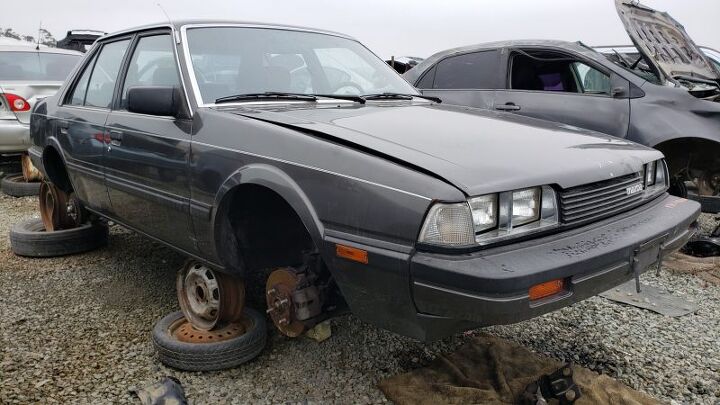


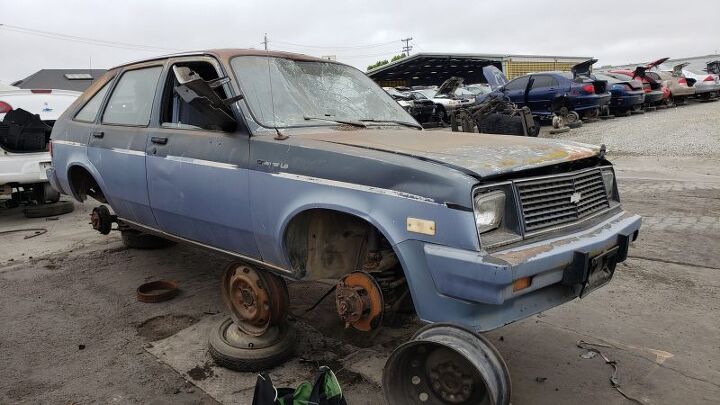

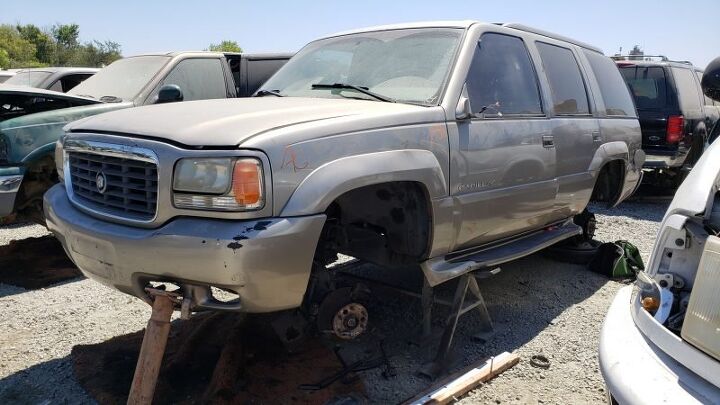
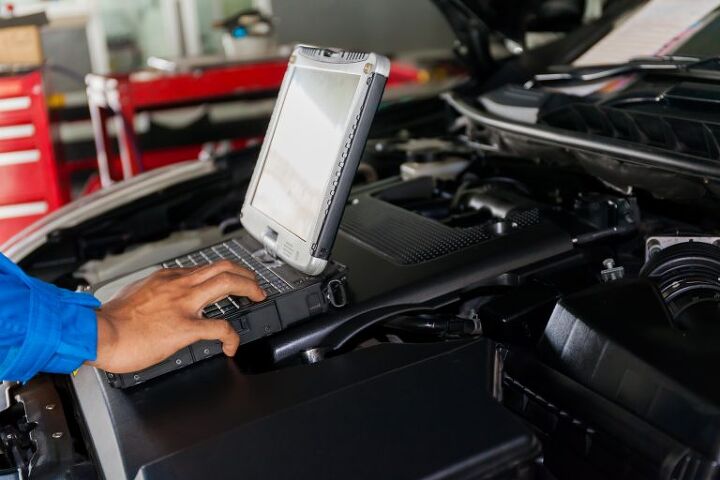












Recent Comments